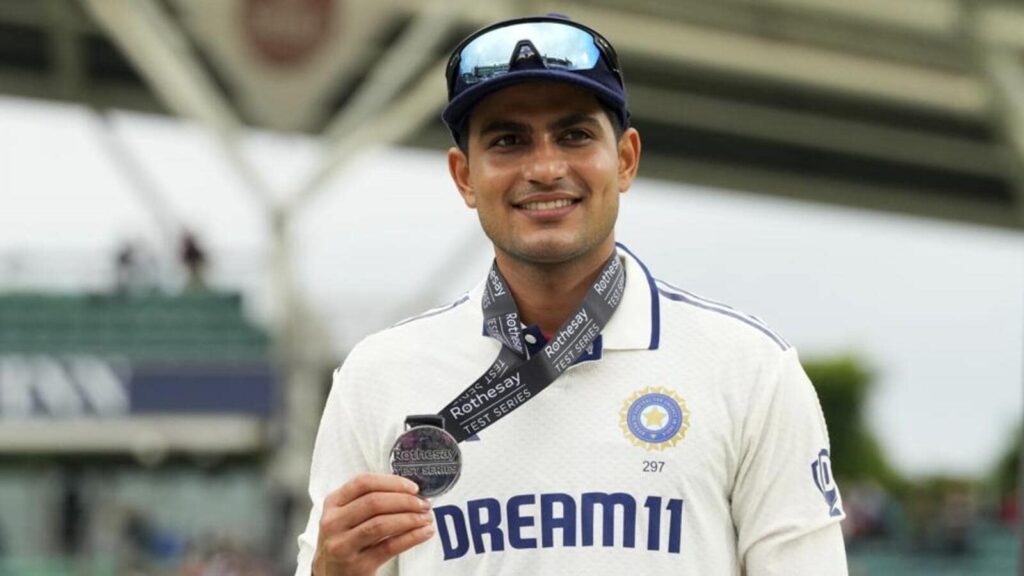970x125
Kolkata: It might be too early to discuss, but there can never be a right time to debate what India’s cross-format leadership should look like. Suryakumar Yadav leads the T20 side and Shubman Gill the Test team but there remains some doubt over whether Rohit Sharma would continue being the ODI captain. Sharma is 38 and keeping in mind India’s white-ball leadership discussions are more or less event-oriented, he should be pushing 40 by the time the ODI World Cup arrives in India in 2027. One captain for T20Is and another for ODIs has never been the approach of BCCI. And since Surya wasn’t picked for the Champions Trophy earlier this year, his chances of bridging that gap have become slim.
970x125
Gill as India’s all-format captain however has a nice ring to it. At 25, he has the age advantage that gives India a solid ICC events outlook of at least a decade. His Test captaincy baptism in England was possibly the most rigorous in the past decade, but it can’t help but be seen as one that made Gill stronger than ever. Few wrinkles exist, like the thought process behind spreading out the field on the final day of the Oval Test, or some of the non-directional bowling strategies in the earlier Tests. Keeping in mind that this was Gill’s first series as captain, one can only expect improvements from here.
Of course, the success Gill the batter has had is another story. When the batter inside a captain feels as good as Gill after taking down a long-standing record of Don Bradman, it’s bound to leave a heightened sense of belonging at this level. Not only because the success in England came across as quantitatively better than his contemporaries, but also because it was more worked for while anchoring a batting order that was tweaked every game.
Gill knows what works for him, but more importantly he knows what doesn’t work. And since India have equated good captaincy with the ability to keep churning out runs as batters, Gill seems good to go on that front.
What somehow doesn’t get enough traction is how good a batter Gill is in other formats. He has a double hundred in ODIs and a hundred in T20Is — the gold standard for batsmanship these days. Not to forget how a disrupted white-ball career can’t take away from Gill a sterling average of nearly 60 in ODIs and a strike rate of almost 140 in T20Is. He was probably the only top-order batter to miss out on a hundred in the 2023 ODI World Cup at home, but at that time it didn’t matter because India had all the bases covered till No.7 in the batting order. A tournament average of 44, thus, doesn’t look bad at all. Two years later, he averaged 47 in the Champions Trophy, breaking his hundred drought at ICC ODI events with a steady century against Bangladesh in the tournament opener.
This, mind you, while juggling batting duties at two different positions, a stance Gill may not tinker with in future. Sure, opening in white-ball format may look easier with a new ball in operation from both ends on primarily flat pitches, but if Gill continues to open after becoming captain he risks being judged through a single prism with very finite possibilities. If he doesn’t score heavily, he may be termed a liability, a hastily drawn conclusion no opening batter captain (Rohit, Sourav Ganguly come to mind here) has been able to escape till date.
And if Gill scores, it will only be considered a value enhancer. It’s a double-edged sword he willingly took on when Rohit and Virat Kohli announced their Test retirements in May. Think harder though, and you will find Gill had embraced this way of life a year earlier — with the Gujarat Titans for a good 50 days or so across 15 IPL matches — only because Hardik Pandya chose to move back to Mumbai Indians.
This is franchise cricket by the way, where a testing annual appraisal ensures there is very little scope for a cricketer to grow into a role. Do or die is the mandate and Gill seemed fine by it when he accepted the challenge. Forty of those 50 days Titans were leading the table while Gill was scoring heavily, before they lost their way a bit towards the end and fell just short of making the final.
Till that stumble, Gill ensured an unprecedented batting superiority in the form of a record seven 200-plus IPL totals for Titans. A scintillating strike rate of 155, 650 runs, six fifties and a nearly there finish — Gill had unwittingly checked most of the boxes in the India T20 captaincy wishlist. With the T20 World Cup barely six months away, it remains to be seen how long it takes to zoom in on Gill as an all-format captaincy contender.
970x125

